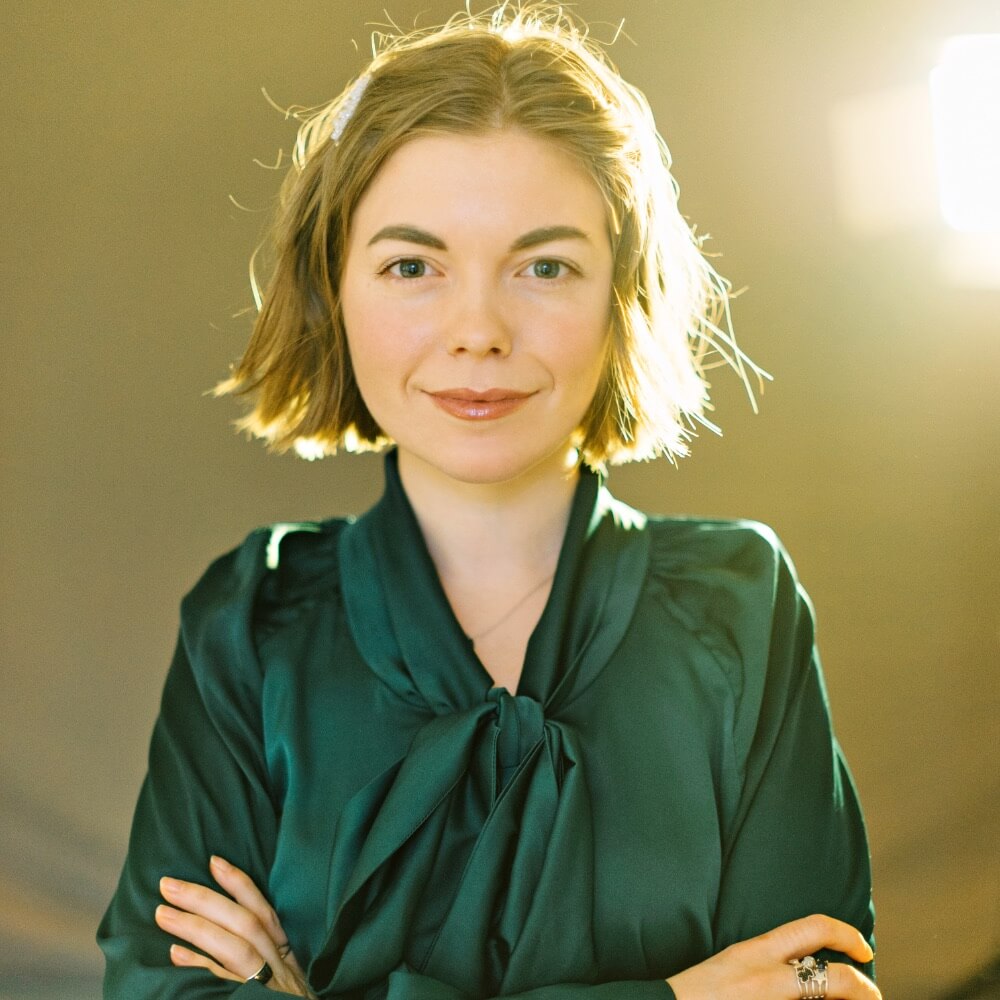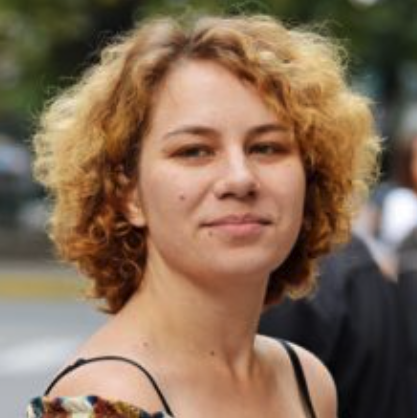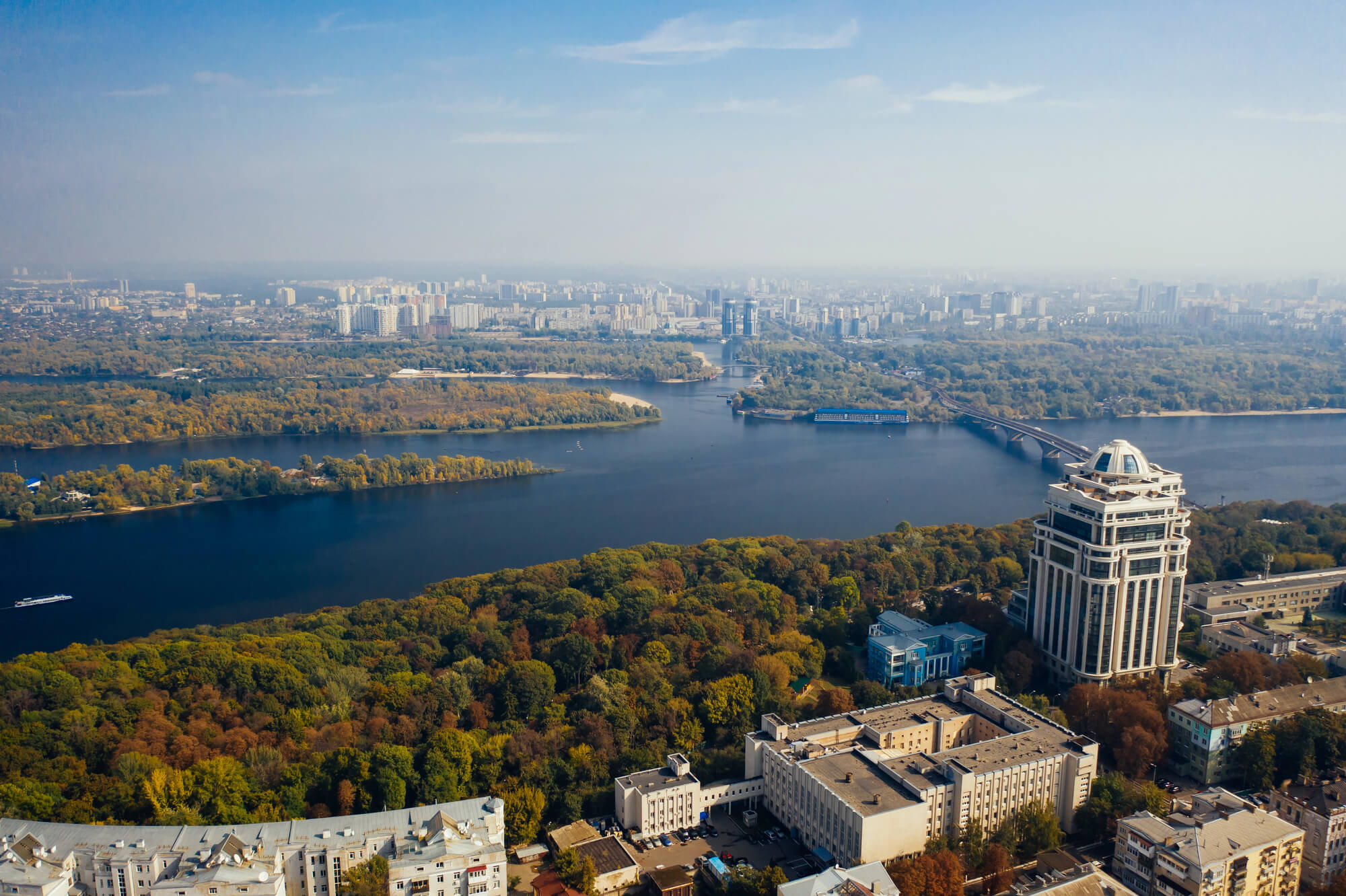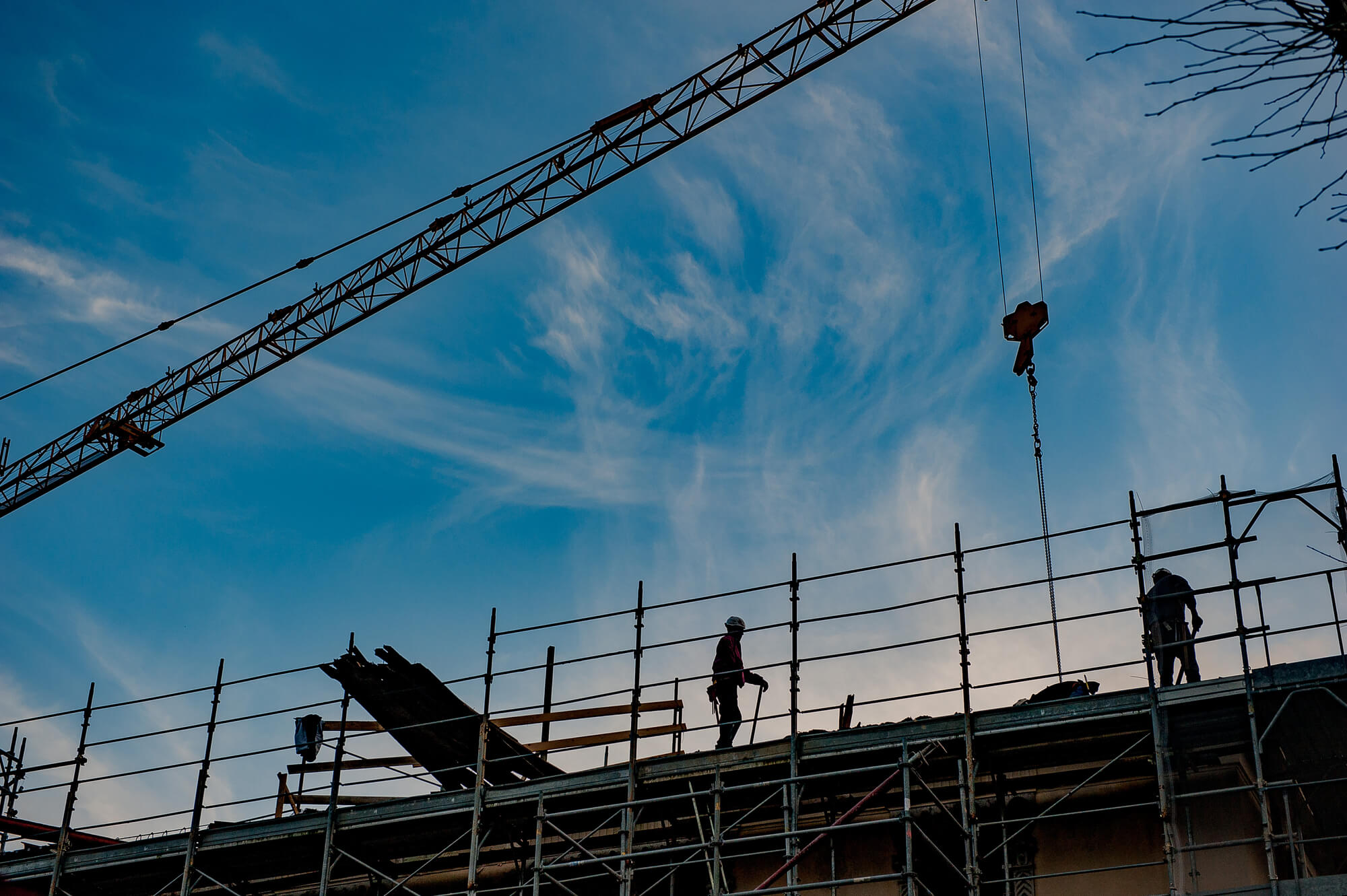The new “Reconstruction” podcast series is dedicated to judicial reform. We speak with Kateryna Butko, the Chair of the Public Council at the National Agency on Corruption Prevention (NACP), about how to make the judicial system more honest.
We thank Alina Krupyanyk, the Reform Index project assistant, for transcribing the conversation.
Key aspects of judicial reform
The main focus of the current reform is not only on the first-instance courts or the evaluation of 5,000 judges but also ensuring the quality functioning of two key institutions: the High Council of Justice and the High Qualification Commission of Judges.
To put it simply, the High Qualification Commission of Judges is a sort of HR body that selects judges and evaluates their performance. At the same time, the High Council of Justice is a disciplinary body responsible for punishing judges involved in misconduct. They are the ones who decide whether a corrupt judge will be dismissed (even if there is no final verdict yet) or is a respected individual who will retire with an honorary pension of 100,000 hryvnias per month for the rest of their life.
The reform should be systematic, and the cleansing of the judicial branch should occur through competitive processes. We must demonstrate that punishment is inevitable: if a judge takes bribes, renders arbitrary decisions, or violates the law, they will be held accountable. That’s the first aspect. Secondly, it is vital to dismantle the system of mutual protection. Previously, our judicial system operated under the adage, “One crow does not peck out another’s eye.” However, with the establishment of the High Anti-Corruption Court, cases against corrupt judges finally started progressing, and they began receiving prison sentences. Previously (and this still happens), cases against corrupt judges could drag on for decades in the courts. Then they would be closed, and no one would face real punishment.
Additionally, whistleblower judges who expose problems within the judicial system rather than covering them up are crucial.
Competitions for judicial positions
Open competitions are currently the best approach we have come up with. Admittedly, it is not a perfect process, as there is a possibility that questionable individuals may still “slip through,” especially when society has limited knowledge about them. However, it is akin to democracy – an imperfect form of governance but the best we have.
Various government agencies involve public councils to varying degrees in conducting competitions. For example, the selection processes at the National Agency on Corruption Prevention (NACP) and the National Anti-Corruption Bureau of Ukraine (NABU) include the participation of delegated members of the Public Council as full-fledged members of the selection commission. They have an equal vote, can ask questions, seek clarifications, etc., alongside other commission members.
However, there are bodies where Public Councils have purely advisory and recommendation functions, and whether to consider their recommendations is ultimately decided by the head of the respective body.
Different approaches exist. For example, the Public Council of Integrity provides conclusions regarding judges applying for certain positions, including the Supreme Court. However, any of their conclusions can be overridden by the Qualification Commission. The previous High Qualification Commission of Judges (HQCJ) wholly and routinely disregarded all Public Council of Integrity conclusions. The HQCJ is currently being reformed, in part for this reason. As a result, a quarter of the judges in the Supreme Court have received a negative conclusion from the Council of Integrity.
Here’s how it works: Since the HQCJ cannot interview the entire pool of candidates in its full composition due to a large number of applicants, the commission is divided into groups of 3-5 members who conduct interviews with the candidates. If a candidate has a negative conclusion from the Public Council of Integrity, but this specific group of HQCJ members still votes that the candidate can participate in the competition, then the candidate is presented to all 16 members of the HQCJ. They conduct an interview with the candidate and then vote. If the communication with the candidate satisfies the HQCJ members, it takes 11 votes for the candidate to proceed further in the process.
The failures of the existing system
Integrity is a complex issue that requires a comprehensive response.
Currently, judges receive a minimum salary of 110,000 hryvnias. Depending on the court, this amount can be several hundred thousand hryvnias. However, as they say, there is never enough money.
Even with such high salaries, judges are caught and prosecuted for accepting bribes that are not in the millions but rather in thousands of dollars or even less. For example, I would like to mention the case of Judge Mykhailo Pak from the Mukachevo Court, who was caught accepting a bribe of two thousand hryvnias in 2017.
Therefore, high salaries alone cannot be a deterrent factor in preventing bribery. In addition to the factor of having a comfortable income, there must be an understanding that if you take a bribe, you will lose what you have. There must be the inevitability of punishment.
Due to our country’s high level of corruption, some judges believe they can accept bribes and get away with it. For example, during a hearing of the High Council of Justice regarding the Chairman of the Supreme Court, Vsevolod Kniazev, the prosecutor stated that Kniazev had this motivation: even if he “gets burned” somewhere and, say, gets dismissed, he has already ensured a secure retirement for himself. In other words, it is a “rational” decision for him to accumulate as much money as possible now and then peacefully retire, regardless of the consequences.
What is shocking here is that this is a Supreme Court judge, the highest-ranking official ever exposed for bribery in the entire history of independent Ukraine. He is one of the key judges because he not only serves as the Chairman of the Supreme Court but also, while in that position, he was a member of the High Council of Justice, which is the constitutional and highest judicial body. And this is the largest judicial bribe of $2.7 million. Prior to this, the notorious judge Chaus held the record as the biggest bribe-taker, hiding cash in banks and burying it in his garden (amounting to $150,000). So Kniazev surpasses all records.
This is a case where neither a high salary nor a competitive selection process helped, as the same Kniazev was elected to the Supreme Court through a competition. It was one of the initial steps of the judicial reform – the competition for the Supreme Court in 2016. Non-judges could apply; it was public, with various online broadcasts and questions. There was the Public Council of Integrity, whose conclusions were actually ignored by the then Qualification Commission, but it still was there.
At that time, Kniazev had only been a judge for three years somewhere in Mykolaiv. What could be found out against him? That was very little time to commit something serious and noticeable.
The task of the competition is to weed out the most unworthy candidates. However, the competition does not allow for an assessment of the integrity of those who were able to conceal their “affairs” or those who are just beginning to build their judicial careers – they can proceed further in the competition.
The competition also does not guarantee that a person who was honest at the time of selection will not corrupt over the years and remain crystal clear for the rest of their life. That’s not how it works.
Therefore, disciplinary bodies such as the High Council of Justice should work to punish judges for arbitrary decisions and the like. There should also be anti-corruption bodies that “catch red-handed” the judges involved in bribery. In the case of Vsevolod Kniazev, our anti-corruption bodies worked well. It’s impressive that they are still functioning even when we are at war when it would seem crucial for scandals “not to cross the line.”
In the time between when Vsevolod Kniazev took the first part of the bribe and was caught with the second part, he traveled, for example, to the United States, where he engaged with Supreme Court judges, discussing progress in judicial reform. He presented himself as a champion of reform. However, upon his return, he was apprehended while accepting a bribe. Perhaps the anti-corruption bodies took into consideration how our international partners would perceive these events. Nevertheless, this situation also indicates that even in such moments, we keep fighting corruption.
Attention
The authors do not work for, consult to, own shares in or receive funding from any company or organization that would benefit from this article, and have no relevant affiliations




